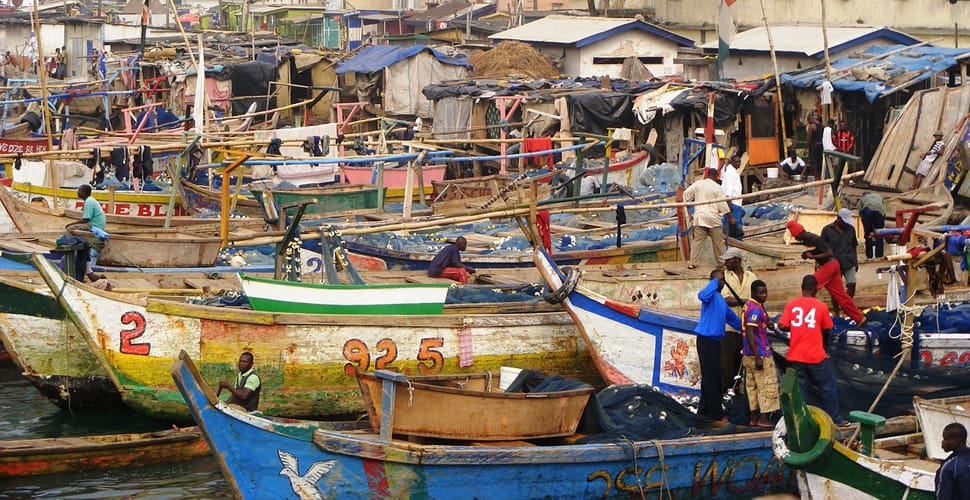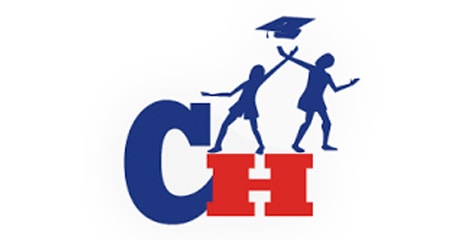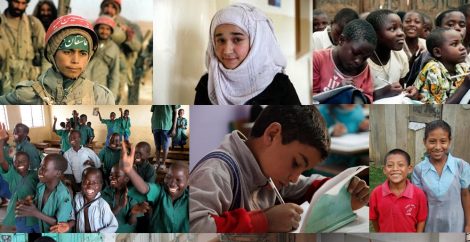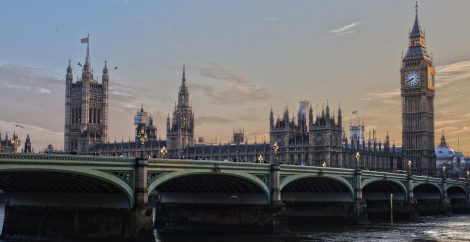Goal:
To use our campaigning tools to support our partner, Challenging Heights, as it launched a campaign calling on the Ghana National Police to issue a directive for all vehicles to be checked for unaccompanied children and suspicious looking passengers in order to clamp down on child trafficking.
Summary:
Kwesi is just one example. He was enslaved on Lake Volta as a fisher boy. He worked an average of 18 hours per day with little rest, no pay, and only enough food to give him the energy for more work. When he was rescued, he had suffered extensive emotional and physical abuse and had lost partial sight in his left eye.
Kwesi is just one of over 21,000 children who are victims of modern day slavery on Lake Volta in Ghana. The situation is dire. We asked our advocates and the public to sign an online petition asking for greater protection to be put in place to help prevent human trafficking.

Outcome:
After several months, the police administration not only announced that these directives had been issued, but they also endorsed a second campaign with Challenging Heights. This campaign called on advocates and the public to unify against slavery by reporting suspicious movement of children and vulnerable people to the police. The online petition received 26,299 pledges. Now, local law enforcement is more vigilant, better informed, and better trained to spot and stop vulnerable children like Kwesi from ever being enslaved on Lake Volta.





